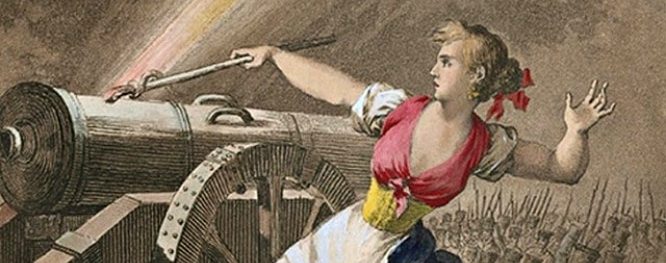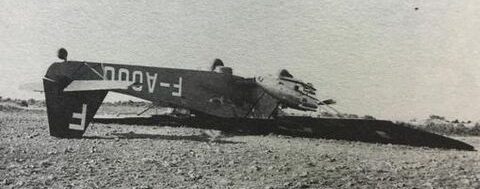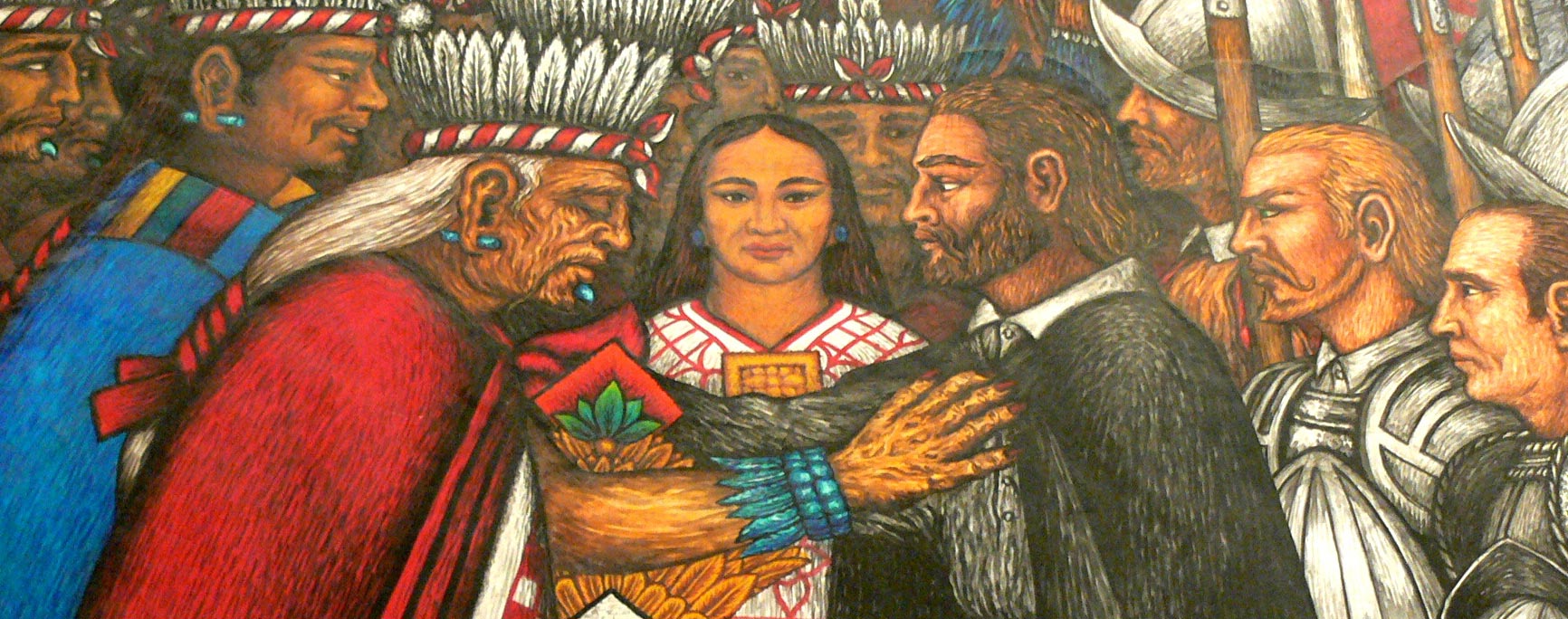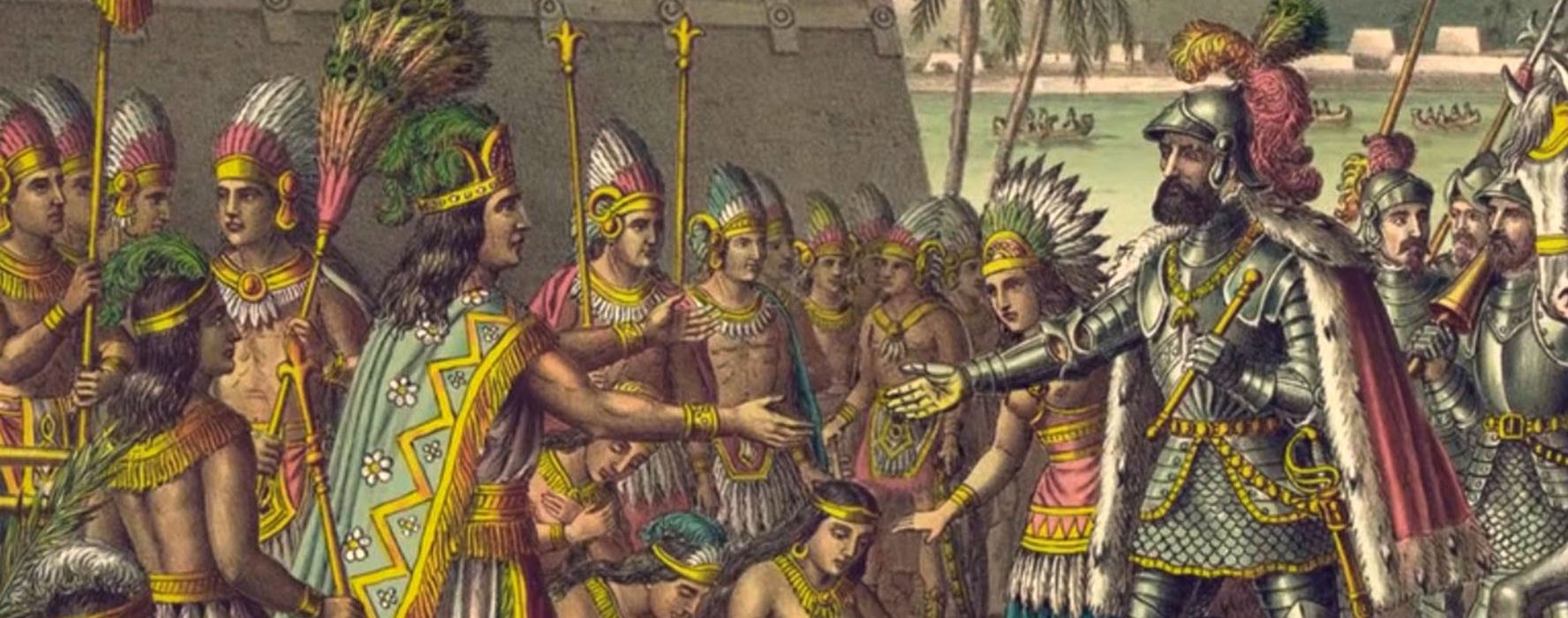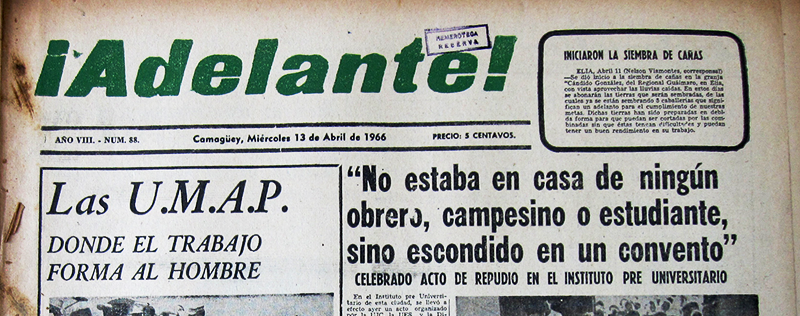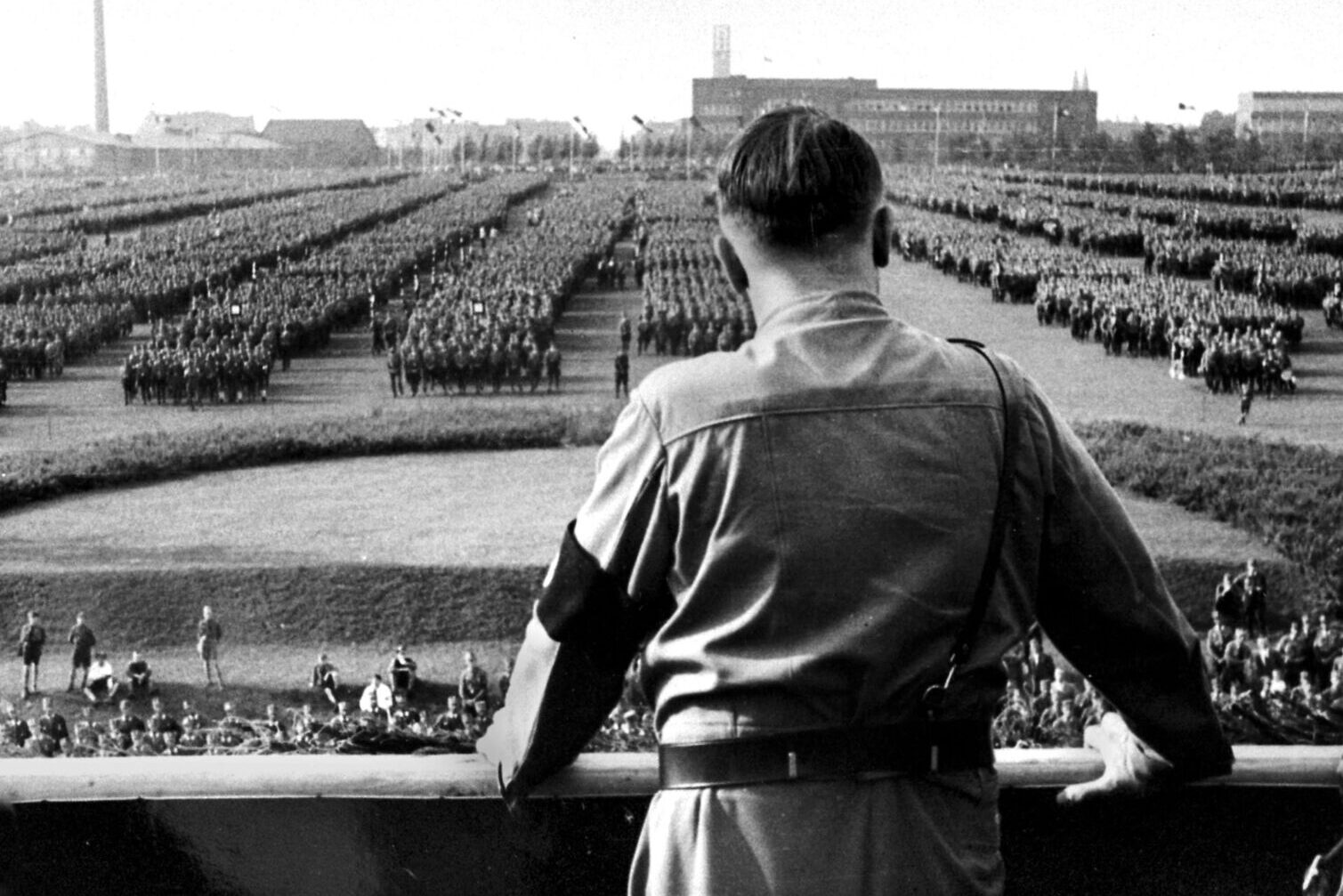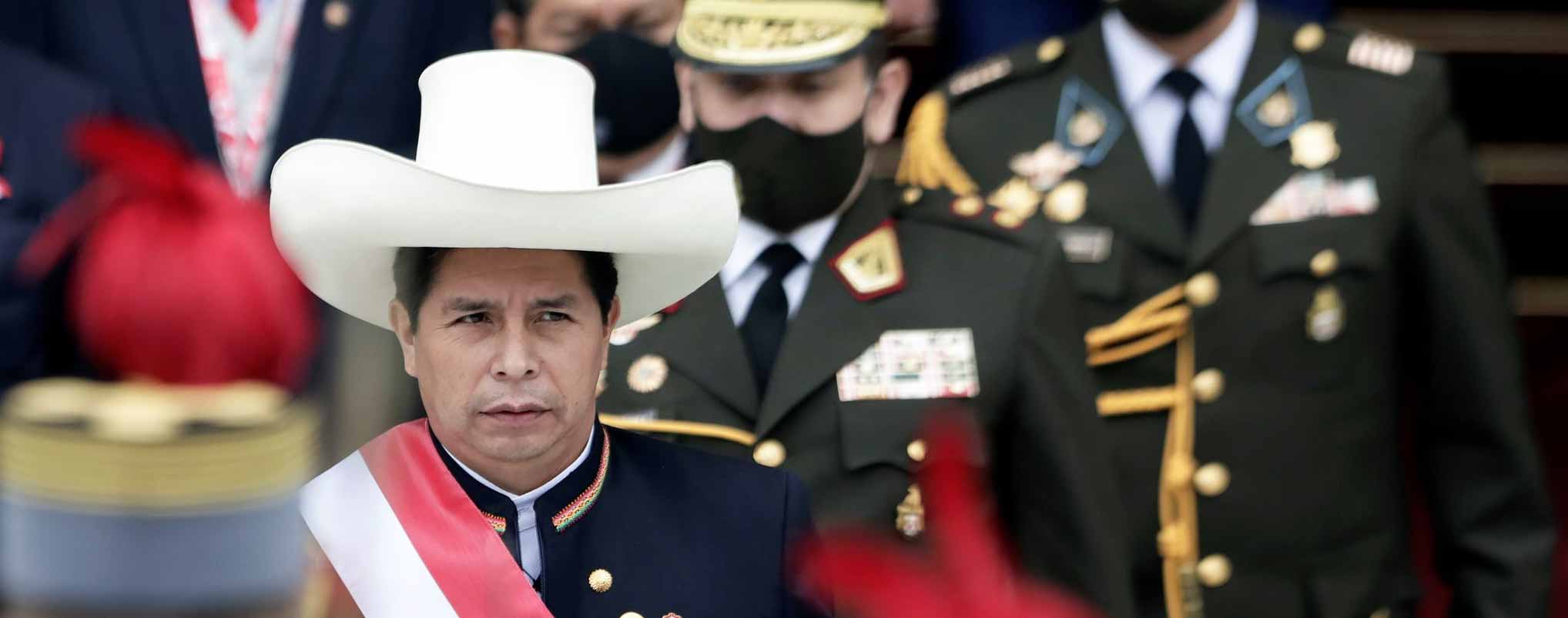Source:Sonrisas en el camino
Heroine of the War of Independence
On 19 July 1808, in Bailén, Napoleon’s army, the most powerful in the world, was defeated for the first time by the heterogeneous Spanish army under the command of General Castaños. The lack of water, the stifling heat among the olive trees and the desire to defend the homeland led the Spaniards to victory.
The May 2nd uprising in Madrid, the Edict of Móstoles and the outrages of the invaders in towns such as Manzanares and Córdoba, led the Spanish people to fight with everything they had to defend their land.
And at Bailén, the armies crossed paths. An epic battle in which Manuela de Luna took part without fear of death. Pregnant with her first child and accompanying her husband, she did not hesitate to fight against the French invader.
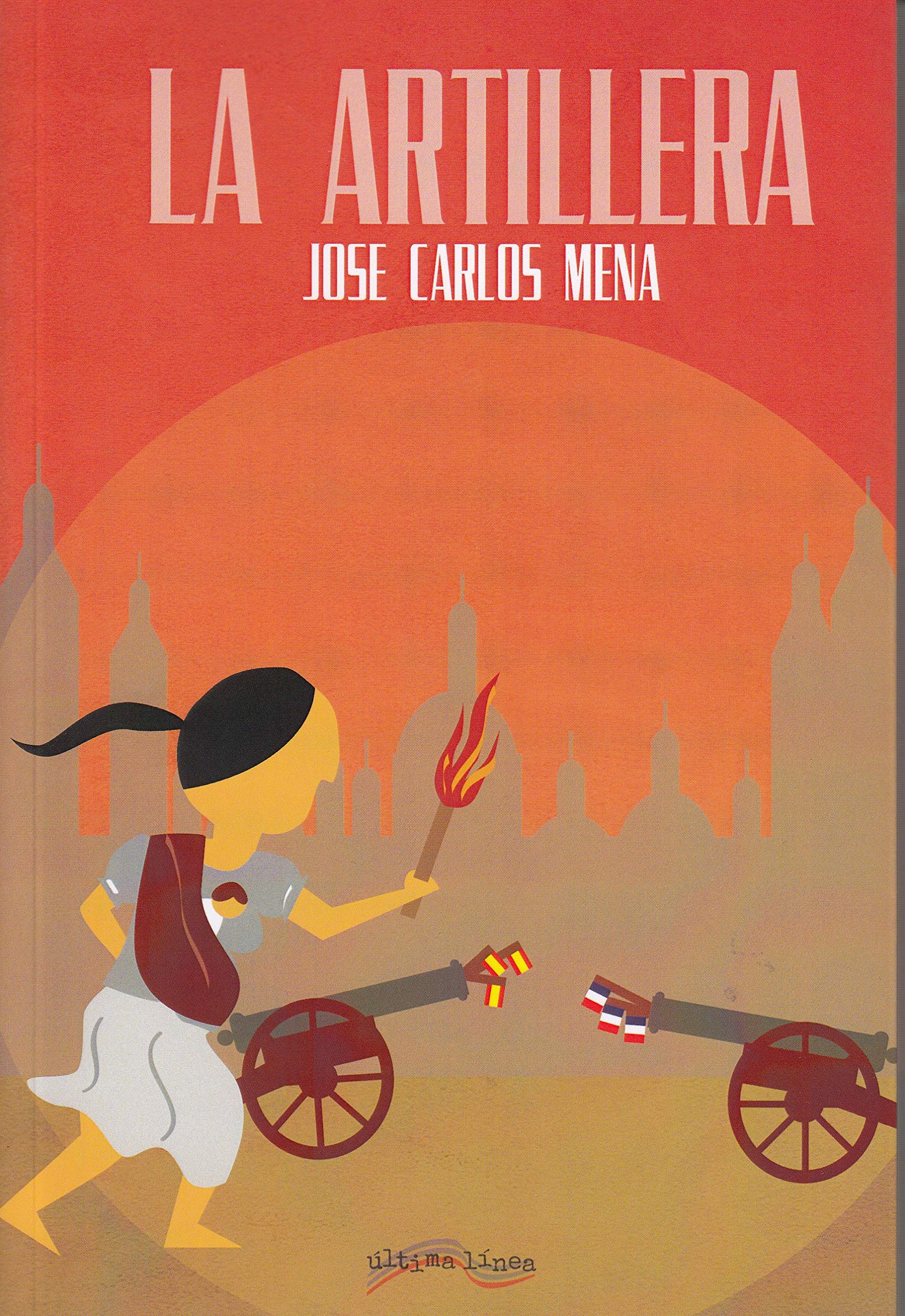
Cover of La Artillera
Courage in abundance, fearing nothing
Manuela, a capable woman who did not give up, who saw death at close quarters and who never retreated. From the olive groves of Jaén she went to Tudela and from there to defend Zaragoza in the second French siege. A birth in the midst of the fighting, sudden wounds, painful deaths, imprisonment and emotions to highlight the value of a brave woman who became a captain at the age of just 22.
The novel La Artillera that tells Manuela’s story is heartbreaking, as it presents us with a heroine full of enthusiasm, who encouraged her comrades and filled them with warrior’s ardour at the moment of the fight. She was a wolverine who fought for freedom, for her king and for her country. All this is based on a letter found in the archives of the Ducal House of Medina Sidonia.
In the last paragraphs of the letter, the author of the letter says to his father: “This woman must occupy a very distinguished place in these times; may God grant that the Spaniards leave to posterity a memory which gives so much importance to Spanish valour…”.
Women in the War of Independence
Manuela de Luna, a controversial woman due to the diffuse nature of the passages, but which serves to pay homage to the women who participated in the Peninsula War. Legend or truth, what is certain is that the letter exists and by chance of life the missive appeared in the Archive and transcended to the press. Today we have the opportunity to learn about this document and the supposed bravery of this heroine from Seville who fought against the French, against the invaders who were threatening her land.
If you like history and want to learn about a courageous woman, don’t miss the story of this heroine from Seville, a native of Fuentes de Andalucía. But you will also meet Antonia Caparroso, María Bellido, the water carriers of Tudela and many others. La Artillera, an exciting novel that tells the life and exploits of a brave woman, in a story that pays homage to all the women who gave their lives for freedom. Don’t miss it. You will enjoy
Share this article
On This Day
- 1483 The conquest of the Canary Islands is completed.
- 1521 Hernán Cortés starts the "Conquest of Mexico".
History of Spain
26 August 2020
27 January 2021
Communism: Now and Then
23 December 2022
28 July 2021
